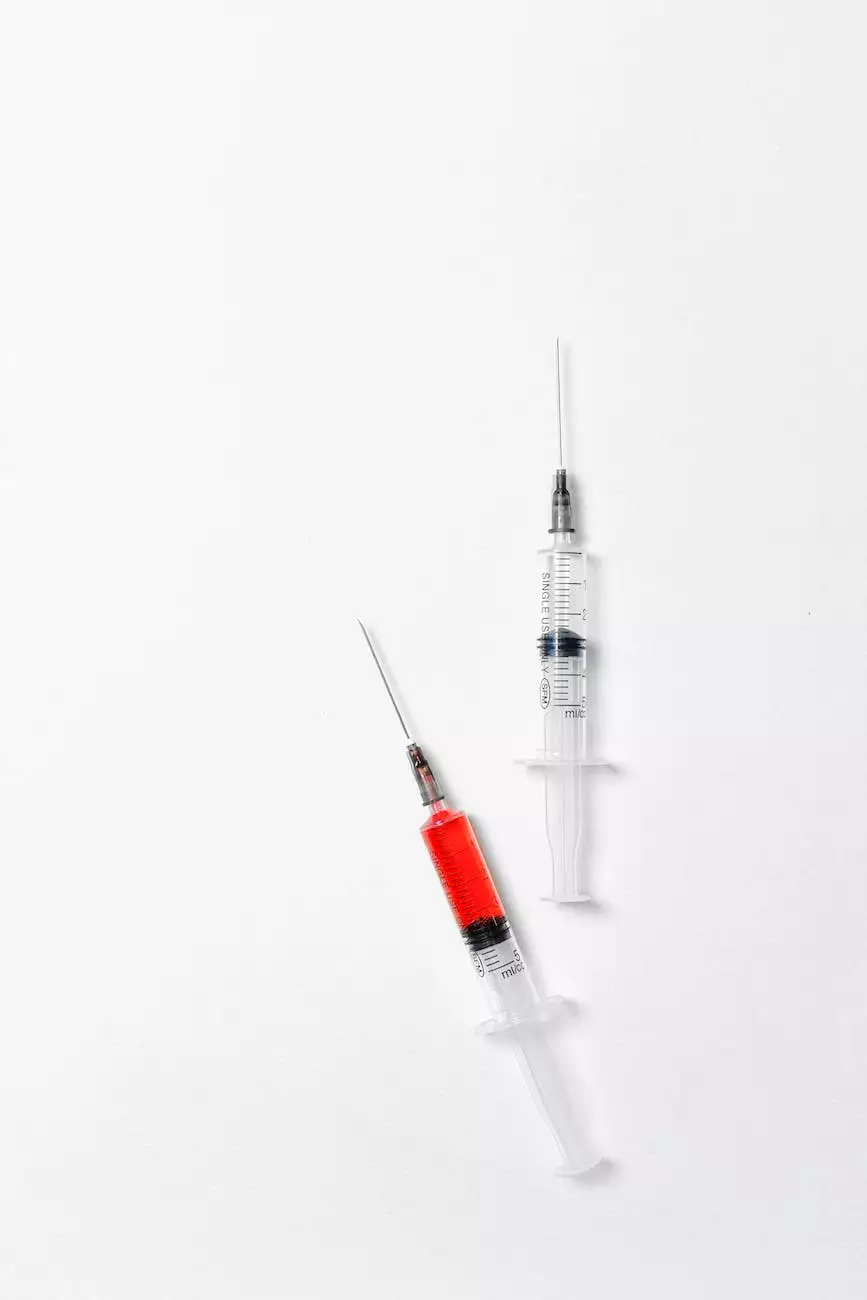Understanding the Risks After Hysterectomy

The Importance of Post-Hysterectomy Care
A hysterectomy is a common surgical procedure that involves the removal of a woman's uterus. It can be performed for various reasons like treating conditions such as fibroids, endometriosis, or certain types of cancer. While hysterectomies are generally safe, it is essential to understand and be aware of the potential risks and complications that can arise after the surgery. This article aims to provide you with comprehensive information about those risks and how to navigate your post-hysterectomy care.
Potential Risks
Every surgical procedure carries some risks, and a hysterectomy is no exception. Understanding these risks can help patients make informed decisions and take necessary precautions during their recovery. Here are some of the potential risks associated with a hysterectomy:
Infection
Following any surgical procedure, there is a risk of developing an infection. Your doctor will provide you with detailed instructions on how to keep your incision clean and prevent infection. It is crucial to follow these instructions diligently and report any signs of infection, such as increased pain, redness, swelling, or drainage, to your healthcare provider immediately.
Blood Clots
Blood clots can form in your legs or lungs after surgery. This condition, known as deep vein thrombosis (DVT), can be potentially life-threatening if left untreated. To minimize the risk of blood clots, your doctor may recommend blood-thinning medications, leg exercises, walking as soon as possible after surgery, and the use of compression stockings.
Damage to Nearby Organs
In rare cases, nearby organs such as the bladder, ureters, or bowel may be inadvertently damaged during a hysterectomy. Skilled surgeons take great care to avoid such complications, but it's important to be aware of the potential risks. Your surgical team will closely monitor you for any signs of these complications and take prompt action if necessary.
Pain and Discomfort
Following a hysterectomy, it is natural to experience some level of pain and discomfort. This can vary from person to person and depends on factors such as the extent of the surgery and individual pain tolerance. Your doctor will prescribe pain medication to manage any post-operative pain effectively. It's important to follow the prescribed dosage and discuss any concerns or unusual symptoms with your healthcare provider.
Post-Operative Care and Recovery
Proper post-operative care is crucial for a smooth recovery after a hysterectomy. Here are some essential tips to promote healing and minimize potential complications:
Follow Your Doctor's Instructions
Your doctor will provide you with specific post-operative care instructions tailored to your situation. These instructions may include guidance on wound care, activity restrictions, medication usage, and follow-up appointments. It is vital to adhere to these instructions carefully to optimize your recovery.
Take Adequate Rest
Allow your body sufficient time to heal by getting plenty of rest. Limit activities that strain your abdominal muscles, and avoid heavy lifting for the recommended period. Gradually increase your activity levels as advised by your healthcare provider.
Eat a Healthy Diet
A well-balanced diet can aid in the healing process. Include nutrient-rich foods that are high in fiber, vitamins, and minerals. Stay adequately hydrated by drinking plenty of fluids, unless otherwise advised by your doctor.
Manage Pain and Discomfort
Take prescribed pain medication as directed by your doctor to alleviate any post-operative pain. Additionally, hot packs or warm baths can help soothe pain and provide relaxation. Consult your healthcare provider before trying any alternative pain relief methods.
Monitor for Signs of Complications
While some discomfort is expected during the recovery period, it's important to be vigilant for any signs of complications. Contact your doctor if you experience severe pain that is not alleviated by medication, excessive bleeding, fever, or any other unusual symptoms.
Conclusion
A hysterectomy is a significant surgical procedure that can provide relief from various gynecological conditions. By understanding the potential risks associated with this surgery and following appropriate post-operative care, you can promote a smoother recovery and minimize complications. As always, it is essential to consult with your healthcare provider for personalized advice and guidance throughout your hysterectomy journey. At DrSeckin.com, our experienced obstetricians and gynecologists are here to support you every step of the way.
risks after hysterectomy









